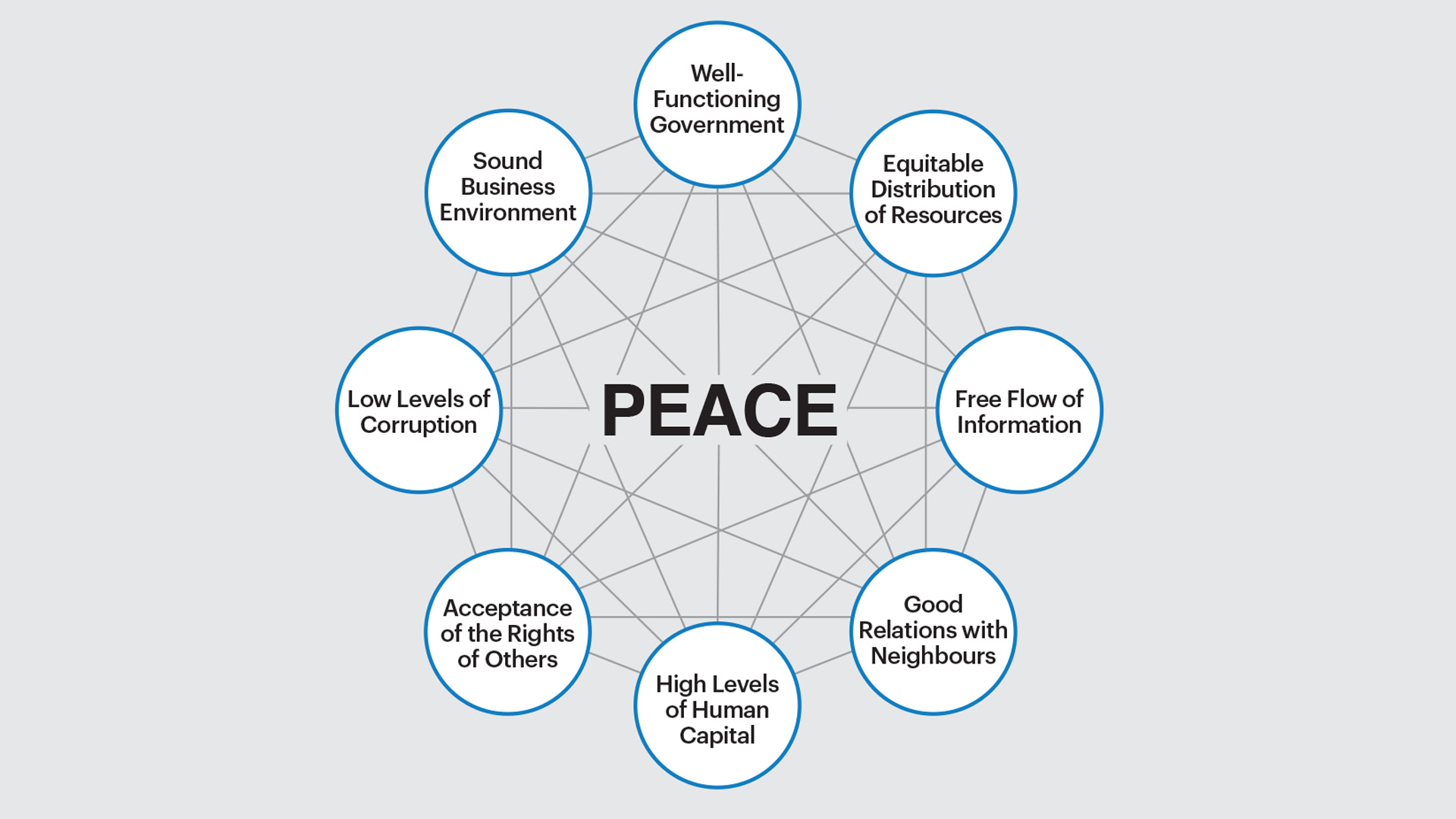In the 21st century, conflict has extended into the digital sphere. State-sponsored actors, extremist groups, and organised disinformation campaigns seek to destabilise societies, manipulate public opinion, and decrease trust in democratic institutions. Tactics such as coordinated cyberattacks and the spread of false narratives undermine electoral processes, polarise communities and silence independent media.
The scale and speed of online information flows have made traditional ‘after-the-fact’ fact-checking inadequate. Safeguarding the integrity of the information environment has become essential for sustaining peace, protecting human rights and ensuring that democratic governance can function effectively without being subverted by malicious digital interference.
Through its research and development unit Jigsaw, Google launched two major initiatives aimed at strengthening the resilience of democratic and civil institutions.
Project Shield offers free, enterprise-grade protection against Distributed Denial of Service (DDoS) attacks for independent media, election monitoring groups and human rights NGOs, allowing them to remain online during politically sensitive periods. This integrates with Google’s core technological capabilities in cybersecurity and global network infrastructure.
The second initiative, Prebunking, draws on behavioural and cognitive psychology to ‘inoculate’ people against misinformation. Short, widely distributed online videos explain manipulation techniques such as scapegoating or false dilemmas before individuals encounter them in the wild.
These initiatives go beyond charitable gestures: they form part of Google’s strategic interest in a robust, trustworthy information ecosystem and one that sustains democratic governance, public trust and ultimately, the stability of the digital markets in which Google operates.

Google Jigsaw’s programmes support several key pillars of Positive Peace.
Free Flow of Information is advanced by ensuring that independent voices and electoral observers can operate without being silenced by cyberattacks, thereby safeguarding diverse viewpoints and open public discourse. Well-functioning Government benefits from the protection of credible election-related information, reducing the ability of hostile actors to distort democratic decision-making and enabling citizens to make informed choices. Acceptance of the Rights of Others is fostered by countering online narratives that scapegoat or dehumanise particular communities, replacing them with public awareness of common manipulation tactics.
For example, by keeping election-monitoring sites active during voting periods, Project Shield supports citizens’ right to transparent governance. Similarly, Prebunking addresses the structural causes of polarisation, empowering people across political and cultural divides to recognise and reject divisive online content before it undermines coexistence.
The combined effect of Project Shield and Prebunking creates a virtuous cycle for democratic integrity. When independent information flows are protected, trust in legitimate institutions is reinforced, leading to more peaceful political engagement.
As citizens become less susceptible to manipulation, malicious actors achieve fewer gains from disinformation campaigns, lowering the incentive for such attacks. This in turn preserves stability during elections and other high-stakes political moments. Over time, these initiatives strengthen both the technological resilience and the social literacy necessary to preserve democratic societies in the digital age, providing a repeatable, scalable model for defending information integrity worldwide.